‘The Booker Prize went to the safe choice’
Your digest of analysis from the British and international press
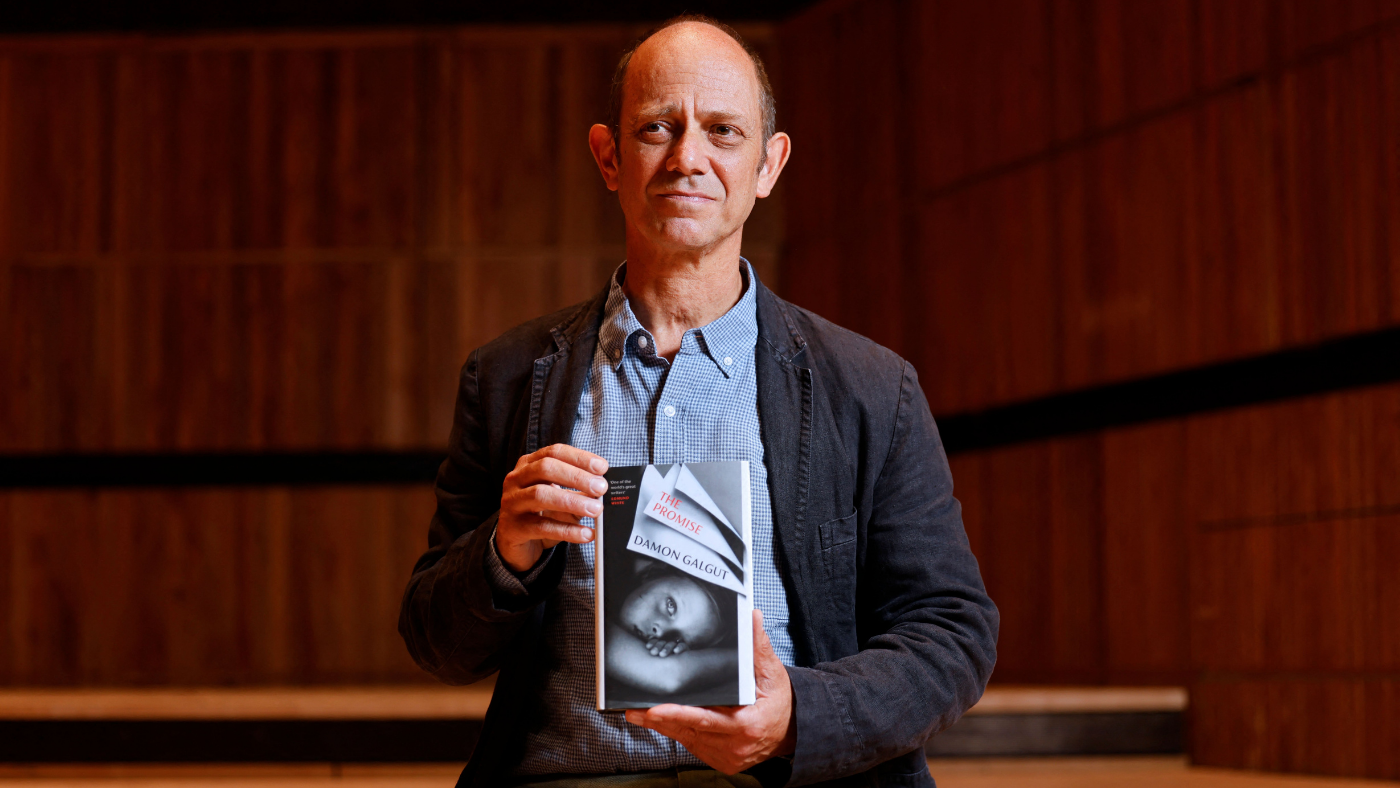
- 1. The judges of this year’s Booker Prize should have been braver
- 2. As a wheelchair user I’ve spent too long shivering outside because my needs are ignored
- 3. Do we trust MPs? They’re about to find out
- 4. Why is Trudeau pressuring Michigan to keep a dangerous oil pipeline open?
- 5. Wes Anderson understands aesthetics are no match for politics
A free daily email with the biggest news stories of the day – and the best features from TheWeek.com
You are now subscribed
Your newsletter sign-up was successful
1. The judges of this year’s Booker Prize should have been braver
Cal Revely-Calder for The Telegraph
on playing it safe
This year’s Booker Prize shortlist “confronted the judges with the chance to be brave”, writes Cal Revely-Calder in The Telegraph. “I feared they wouldn’t, and so it has proved.” Winner Damon Galgut has “twice been a bridesmaid before”, but The Promise “is not the best” novel on the list. A satire on South African apartheid and its aftermath, the “black characters are few” and “light on speeches or thoughts, while we toggle between the white people in charge”. This structure is “its critical flaw”, says Revely-Calder. Patricia Lockwood’s No One is Talking About This would have been “the bravest choice”, but it took “the lone ‘experimental slot’” on the shortlist, edging out “two strong contenders” in Karen Jennings and Rachel Cusk. These “first cuts… were the deepest”, and the Booker should learn that “stances are not what give novels their depth”. Galgut “was the safe choice”.
The Week
Escape your echo chamber. Get the facts behind the news, plus analysis from multiple perspectives.

Sign up for The Week's Free Newsletters
From our morning news briefing to a weekly Good News Newsletter, get the best of The Week delivered directly to your inbox.
From our morning news briefing to a weekly Good News Newsletter, get the best of The Week delivered directly to your inbox.
2. As a wheelchair user I’ve spent too long shivering outside because my needs are ignored
Grace Quantock for The Mirror
on unequal access
Grace Quantock was “angered, but not surprised” to hear that a minister was excluded from Cop26 this week because she uses a wheelchair. Israel’s Karine Elharrar waited for two hours to be admitted to the conference, before returning to her hotel unsuccessful. “I have been in that position,” writes Quantock in The Mirror, “shivering in my wheelchair while organisers criticise me for not ‘warning them’ I’m a wheelchair user in advance.” An expectation that disabled people inform people of their movements is “unacceptable”, she continues, and access issues “are often ignored”. The number of disabled people in public roles is declining, and this exclusion “hurts us all”. “Diverse organisations have better results, they don’t miss things that matter to the people they are supposed to serve,” says Quantock. Climate conferences are “essential for the safety of all futures”, and that’s why “we need all of us to be in the room”.
A free daily email with the biggest news stories of the day – and the best features from TheWeek.com
3. Do we trust MPs? They’re about to find out
Paul Goodman for The Times
on public confidence
Both supporters and opponents of Owen Paterson “agree he acted as a paid advocate for private interests while serving as an MP”, writes Paul Goodman for The Times. But “they disagree about everything else in his contentious case”. At the centre of the row “is a question with big implications for our democratic culture”, Goodman continues. Should judgements made about MPs actions be “constrained by outsiders”, or should ministers “take back control”? A “whipped Commons” effectively “expressed no confidence in the entire system that underpins them” yesterday, the writer says. There might have been a “temporary lowering of the rhetorical temperature” between parties following the murder of David Amess, with MPs across the benches united in their anger, but it’s “very unlikely” voters will give them “the benefit of the doubt”.
4. Why is Trudeau pressuring Michigan to keep a dangerous oil pipeline open?
Lana Pollack for The Guardian
on fault lines between neighbours
“In the pipeline business, everything is always ‘safe’ - until the day it isn’t,” writes Lana Pollack in The Guardian. In a court case between Michigan and Canada, the latter is claiming that the midwestern US state has “zero authority” to shut down “an aging and dangerous pipeline” [the Enbridge Line 5 pipeline] that runs below the Great Lakes and is operated by a Canadian company. This argument ignores the “plain text” of Canada’s own 1977 Pipeline Treaty, and “the failing safety record of the pipeline’s owner, Enbridge”. It’s an “unusual” case, says Pollack. Canada is exerting “extraordinary gall”, while the US “has not taken a position overtly defending one of its states’ sovereign interests”. Joe Biden and Justin Trudeau “must put Great Lakes protection before politics and together embrace the overdue Line 5 shutdown”.
5. Wes Anderson understands aesthetics are no match for politics
Sonny Bunch in The Washington Post
on a question of substance over style
“At the end of the day, aesthetics are no match for a rifle or its bullets,” says Sonny Bunch in The Washington Post. Filmmaker Wes Anderson understands this, though “sans any other context” The French Dispatch gives weight to arguments that Anderson is “more concerned with shot symmetry than social equality”. The “fundamentally unserious” protests led by Timothee Chalamet’s character are “more about the look and feel of the thing”, than “any actual issue”. Politics “is more delicate and more dangerous” than the “ultimate aesthetic exercise” of Anderson’s protests, writes Bunch. But that’s true off screen too. “A sea of rosy crocheted hats” didn’t stop Amy Coney Barrett’s nomination to the Supreme Court in 2020, and “photogenic ‘defund the police’ protests haven’t led to any lasting change on the legislative level”. While protests “appeal on an aesthetic level”, Anderson knows “real power flows from somewhere else”.
-
 Political cartoons for February 19
Political cartoons for February 19Cartoons Thursday’s political cartoons include a suspicious package, a piece of the cake, and more
-
 The Gallivant: style and charm steps from Camber Sands
The Gallivant: style and charm steps from Camber SandsThe Week Recommends Nestled behind the dunes, this luxury hotel is a great place to hunker down and get cosy
-
 The President’s Cake: ‘sweet tragedy’ about a little girl on a baking mission in Iraq
The President’s Cake: ‘sweet tragedy’ about a little girl on a baking mission in IraqThe Week Recommends Charming debut from Hasan Hadi is filled with ‘vivid characters’
-
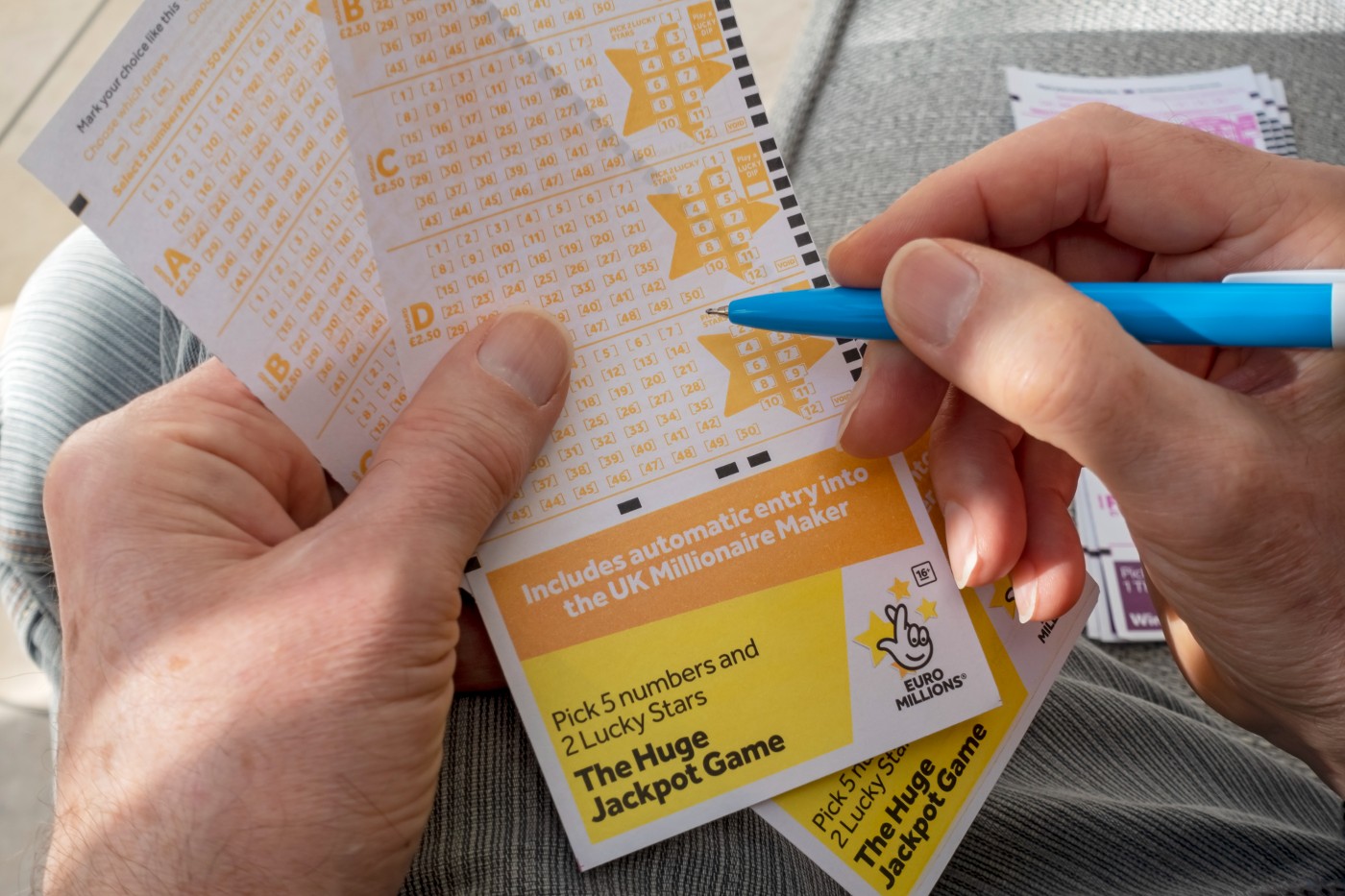 'Angel' visits woman before lottery win
'Angel' visits woman before lottery winTall Tales And other stories from the stranger side of life
-
 Doomsday group offers 'epic' survival opportunity
Doomsday group offers 'epic' survival opportunityTall Tales And other stories from the stranger side of life
-
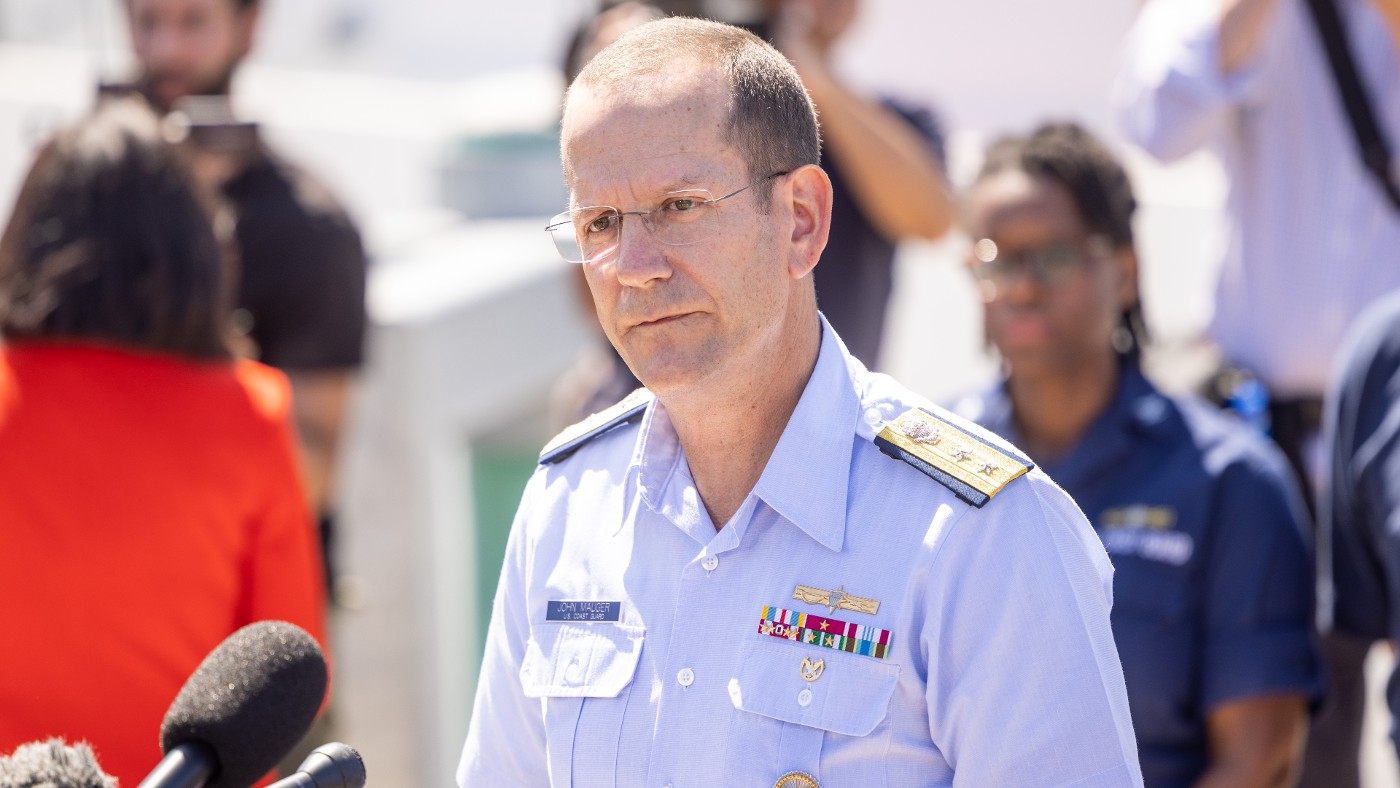 What we know about the Titan sub’s likely implosion
What we know about the Titan sub’s likely implosionfeature Experts say the five passengers would have died ‘instantaneously’ following ‘catastrophic’ loss of pressure
-
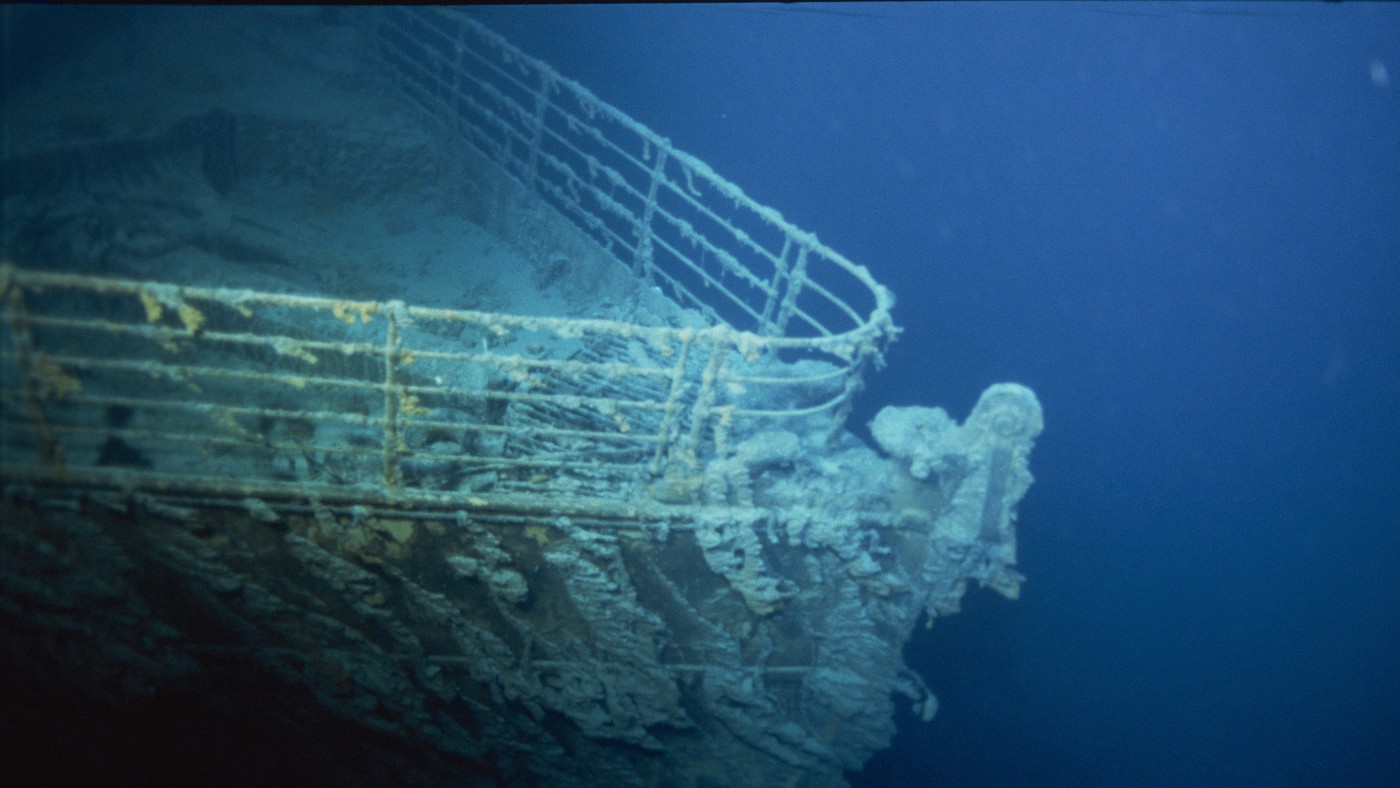 What happened to the missing Titanic sub?
What happened to the missing Titanic sub?Today's Big Question Oxygen supplies running out after vessel lost contact during ‘daredevil’ trip
-
 Man arrested after shooting himself in the leg
Man arrested after shooting himself in the legfeature And other stories from the stranger side of life
-
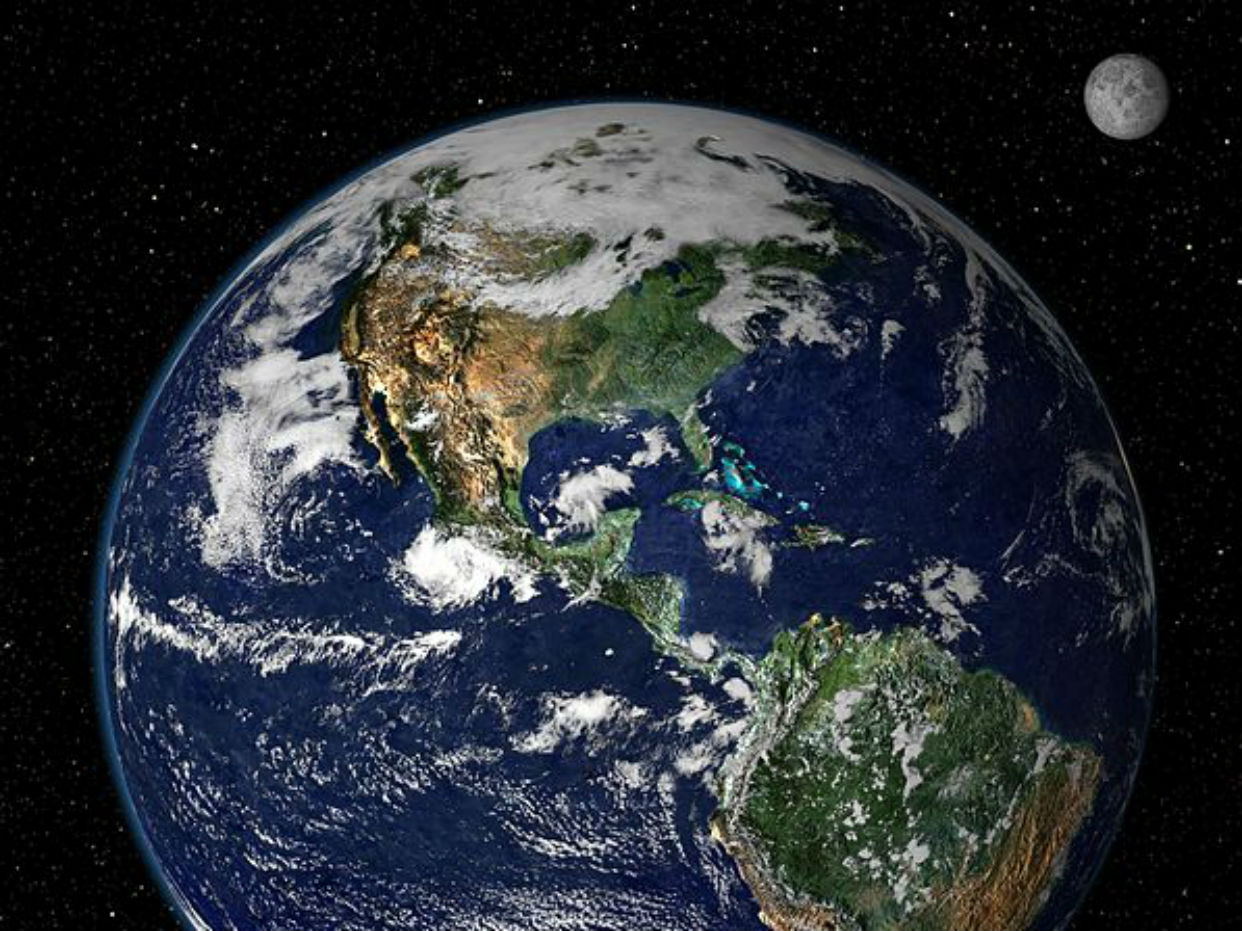 Scientists have watched the end of the world
Scientists have watched the end of the worldfeature And other stories from the stranger side of life
-
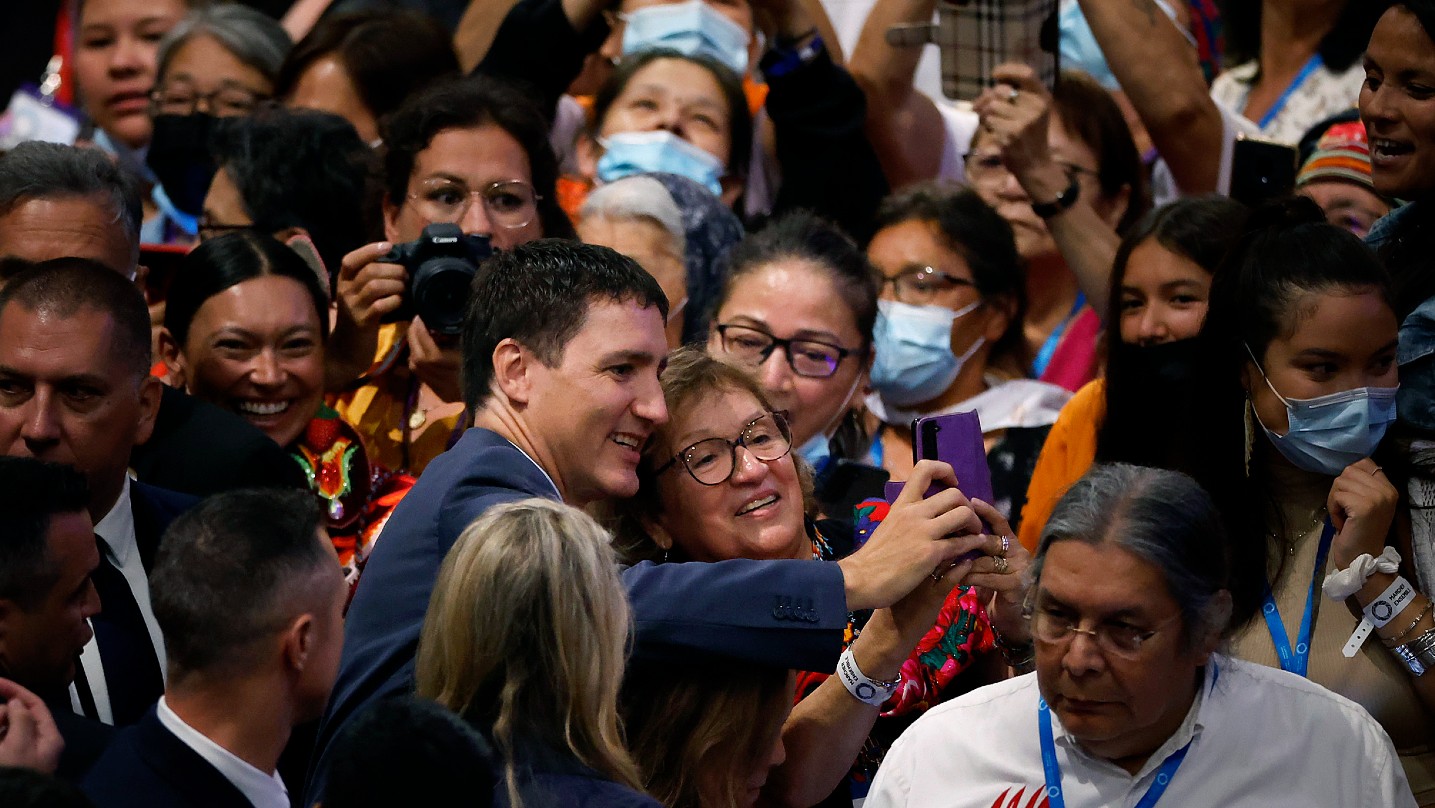 Canada’s troubled relationship with its indigenous population
Canada’s troubled relationship with its indigenous populationfeature State grappling with reparations amid accusations of genocides against First Nations people
-
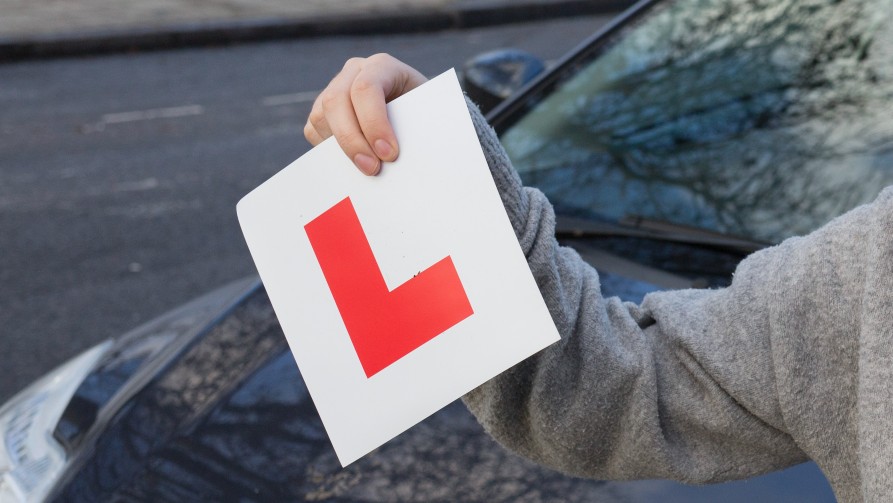 Woman passes driving test at 960th attempt
Woman passes driving test at 960th attemptfeature And other stories from the stranger side of life